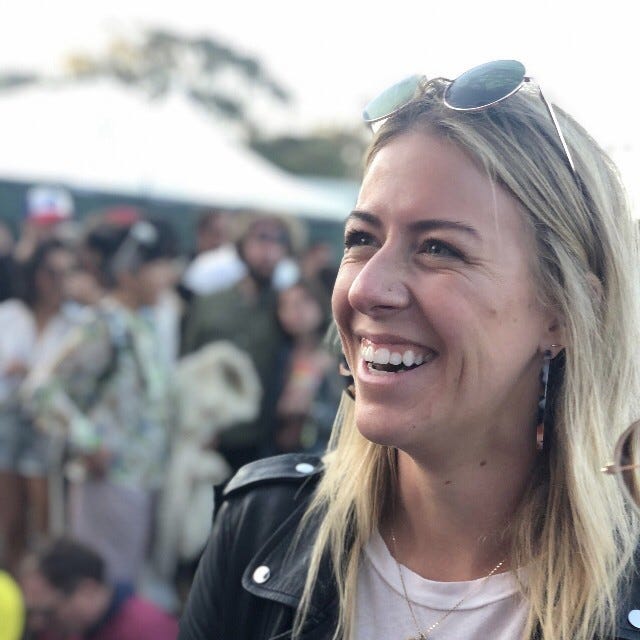Anchor List: Elizabeth Ford, Head of Strategic Operations at Uno Health
The Anchor List recognizes extraordinary operators in the startup ecosystem. Learn more at anchorlist.com
In our highlight reel of top startup operators, Liz Ford deserves special recognition for her service as Head of Strategic Operations at Uno Health.
“Fall in love with the problem, not the solution.”
After receiving her Master’s in Public Health in Epidemiology, Liz joined the analytics team at Clover Health before becoming the Head of Strategic Operations at Uno Health. Uno Health uses technology to enroll low-income Medicare beneficiaries into financial assistance programs, a strategy that tackles the social determinants of health, starting at the core—financial stability— while also unlocking downstream benefits for both members and insurance plans.
As the company’s first operations hire, Liz partnered with its founders on their most fundamental problems, such as:
How do we 10x ourselves?
How do we implement rules for our technology?
How do we replicate across multiple states?
These days, Liz leads the company’s end-to-end operations, implementing workflows that wrangle both repeated processes and edge cases, while also partnering with other departments to accelerate the company’s growth.
Reflecting on the company’s operational achievements, Liz’s team implemented an impressive transition just last year. Only two weeks after their initial product launch, the company shifted to COVID-mandated work-from home, scattering across the world to London, California, and the East Coast in only a matter of days. Liz credits a large part of the smoothness of this transition to the company’s “tone of intensity”, which sets high expectations of teammates, both in individual performance/goal-achievement and virtues/values. This tone of intensity encourages servant leadership by celebrating the gritty, unglamorous-yet-virtuous work that no one wants to do. In Liz’s case, this work included running a temporary mailroom out of her dining room at the outset of COVID-19.
When advising other operations specialists, Liz is quick to focus on the importance of seeing operations’ real-world traits. For one, she invests in her own technical understanding in order to be a more active participant in product work. Then, following this technical style of thinking, Liz and her team fall in love with problems--not solutions--in an effort to parallel the engineering team’s thought. As she puts it, “Too often, operations leaders aren’t bringing clear problems and requirements to the product/engineering teams. They’re bringing solutions and a preconceived notion of an MVP. This strategy falls prey to the idea that when you have a hammer (an engineering team), every problem looks like a nail (a need for tech investment). Instead, it’s more fruitful to stay only one tiny step ahead of engineering.”
In reflecting on Liz’s success, we’re particularly impressed by her ability to recognize the diverse impacts of operations. Instead of merely following standard operations practices, Liz employs her technical background and precisely-tailored OKRs to design specific solutions that promote synergy and company growth.




